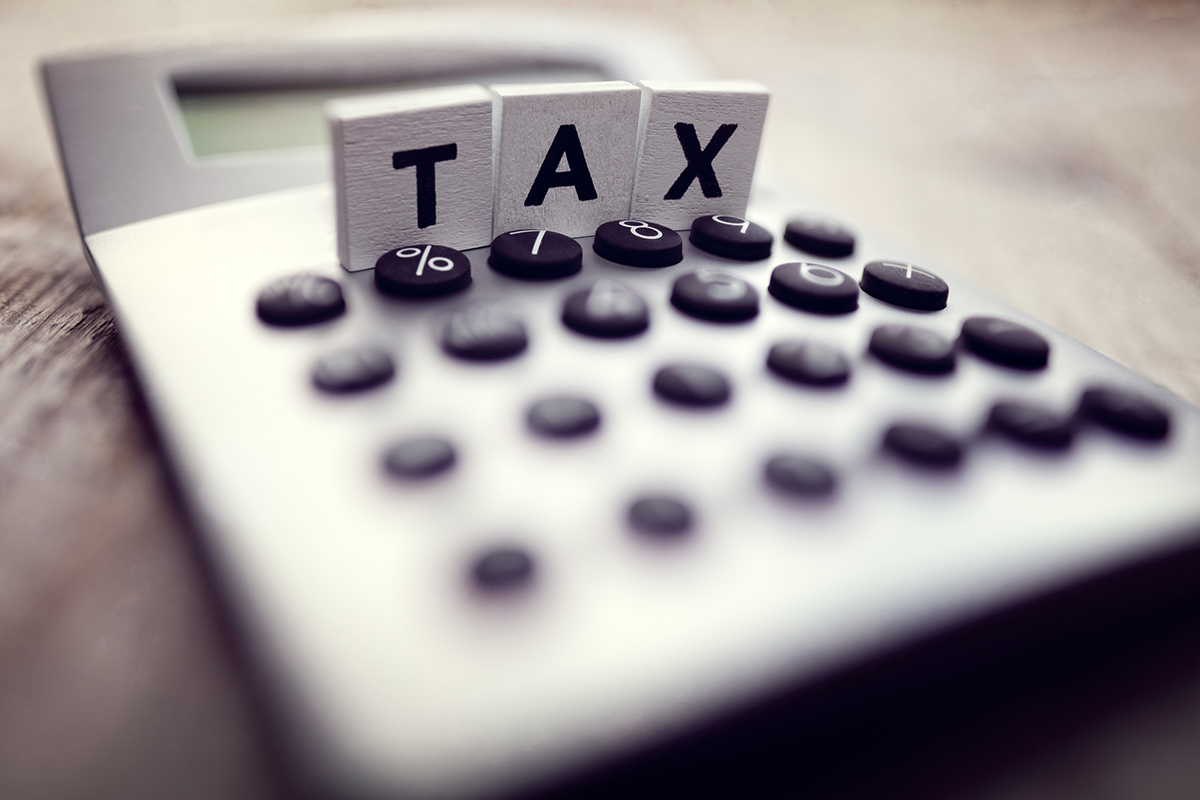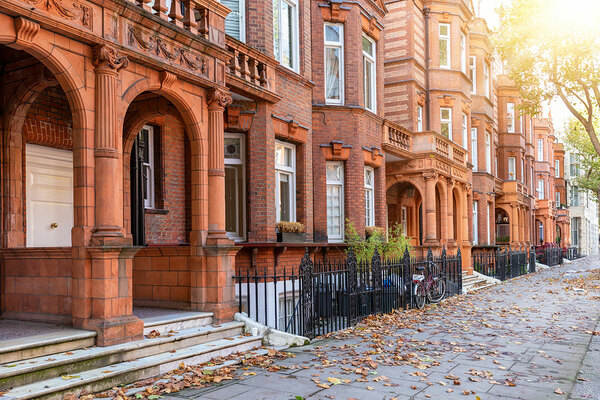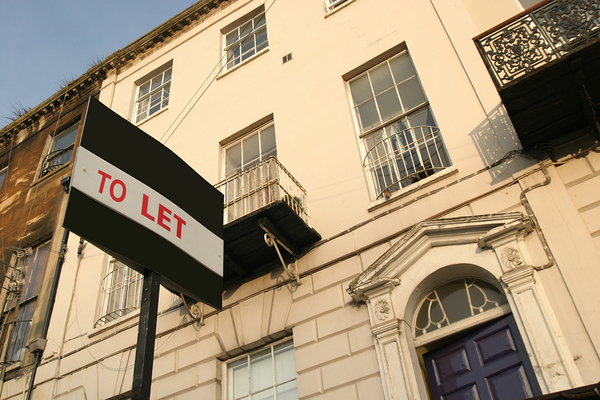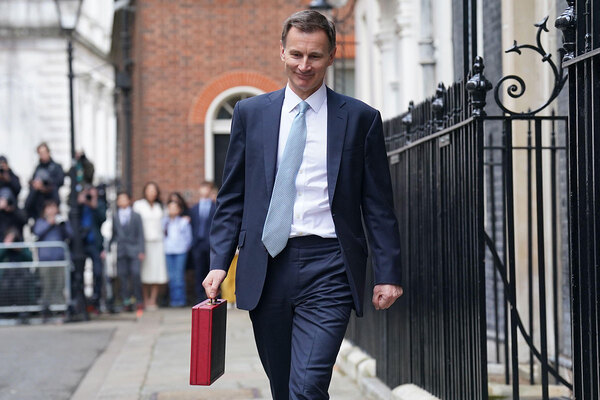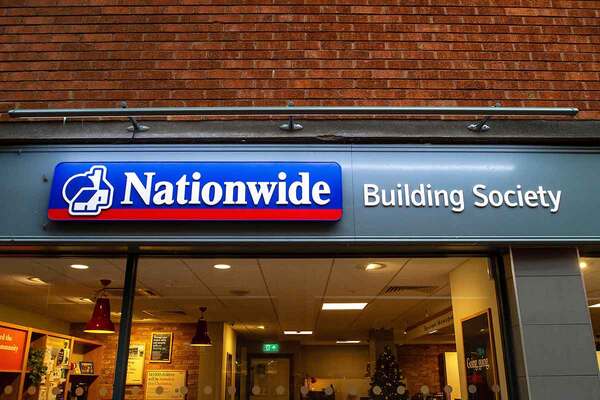You are viewing 1 of your 1 free articles
 Jules Birch
Jules BirchRevisiting property tax should be an option for the chancellor when he tries to work out how to balance the books
Paying for the coronavirus crisis will require tough fiscal decisions, but reforms to the way we tax property could provide some solutions if the chancellor is brave enough to consider them, writes Jules Birch
When the pandemic is eventually over, one of the big political questions will be how the government will go about recouping the huge sums pumped into keeping the economy going.
Chancellor Rishi Sunak told the Conservative Party conference that he believes it is his “sacred duty” to balance the books. Even before the costs of the second wave, a document leaked from the Treasury in May suggested that tax rises or spending cuts equivalent to between £25bn and £30bn would be needed.
However, Mr Sunak is boxed in by manifesto promises not to increase income tax, VAT and national insurance and not to scrap the triple lock on pensions.
Cutting public spending will not be easy either. If anything the pressure will be the other way as the government looks to implement its levelling-up agenda.
That applies even to the depressingly familiar remedy of cutting benefits, with calls for temporary increases in Universal Credit and Local Housing Allowance to be made permanent set to grow as unemployment rises.
However, housing could still be a key battleground when it comes to tax and areas not covered by those manifesto promises.
So far, it’s been another cost to the Treasury, with the £3.8bn earmarked for the stamp duty holiday, but sooner or later attention will turn to the other side of the ledger.
A quick look at the estimated cost of tax reliefs just published by HM Revenue and Customs reveals that two of the biggest are housing related.
The zero rating for VAT of the construction and sale of new homes cost £16.1bn last year while the exemption of main residences from capital gains tax (CGT) cost £24.9bn.
“Housing could still be a key battleground when it comes to tax and areas not covered by those manifesto promises”
While tackling the first would completely contradict Help to Buy and scrapping the second looks politically toxic and could completely wreck the housing market if implemented badly, those are huge sums.
To put them in perspective, that CGT exemption is worth more than the pensions tax relief paid to individuals and costs about the same as housing benefit.
Little wonder that tax is getting more attention from the thinktanks when it comes to paying for coronavirus, but the problem is how to combine raising revenue. A report by the Social Market Foundation in July recommended replacing CGT relief and stamp duty with a new property capital gains tax of 10%.
As well as proceeds it estimated to be £421bn over the next 25 years, it argued that this plus pensions tax reform would mean that older generations would share in the costs of a pandemic that would otherwise fall disproportionately on the young.
Another candidate is council tax. Options here range from full-blown reform to relate it to property values to a revaluation to correct the absurd situation that leaves it based on what the value of your house was in 1991. The Fairer Share campaign wants to replace the council tax and stamp duty with a proportional property tax that it says would mean that 75% of households would save money.
Conservative MP Kevin Hollinrake gave his backing to the idea in September, arguing that a property tax set at 0.48% a year would be payable by property owners rather than tenants and he argues it would be fairer and more efficient at the same time as it helps to restore local and national finances.
“It’s hard to think of a worse system than the one we already have. Stamp duty taxes new transactions and discourages mobility while leaving existing property under-taxed by comparison with other forms of investment”
The case for a land value tax – again potentially to replace council tax and stamp duty – also has plenty of long-standing support. The Mirrlees Review of the taxation of land and property called it “simple and almost undeniable”.
The point of all this, I think, is that there is a chance to raise money to pay down the debt at the same time as improving the way we tax property.
The details and implementation will be crucial and there are big political questions to be answered.
But it’s hard to think of a worse system than the one we already have. Stamp duty taxes new transactions and discourages mobility while leaving existing property under-taxed by comparison with other forms of investment.
Failing to tax property values and exempting capital gains encourages people to buy the most expensive home they can afford and drives up prices.
Inheritance tax may offer a way to level up the wealth inequalities that housing helps to generate but it’s easily avoided by the very rich.
The council tax is regressive and increases poverty while leaving local authority finances in a parlous state.
Done properly, tax reform could improve central and local government finances, help to level up the country, fund social care – and maybe even improve the housing system and finance more desperately needed social housing.
But there will be huge resistance from those with a stake in keeping the system as it is.
To take just one example, a 0.48% property tax will not be much to most people but if you were someone who owns three homes worth up to £6m, your bill would be almost £30,000 a year, perhaps five times what you pay now.
If you were also the secretary of state responsible for implementing the change, it might just make you think twice.
Jules Birch, columnist, Inside Housing
Sign up for our daily newsletter
Already have an account? Click here to manage your newsletters
